Frequently Asked Questions
What is acupuncture?
Acupuncture is a form of complementary medicine based on traditional Chinese methodologies that promotes natural healing in the body. Very thin needles are inserted into precise points on the skin that stimulate the body to correct imbalances and improve functioning in the body.
Does acupuncture hurt?
Everyone experiences acupuncture differently. Some patients feel when needles are inserted, but most don’t. Because the needle point is smooth and not hollow like a hypodermic needle, it feels like a tiny prick and is not painful like injections or blood drawing can be. Some patients also experience a warming, cooling, moving, or calming sensation.
Does acupuncture work?
Yes. Acupuncture has been used for thousands of years on millions of people and animals. There are a plethora of studies and research about acupuncture.
“Acupuncture is based on the traditional Chinese teaching that energy, or qi (pronounced “chee”), courses through the body along channels called meridians; illness occurs when that flow is disrupted. Scientists are starting to identify some of the physiological mechanisms at work, and there’s evidence that the insertion of needles into designated acupuncture points speeds the conduction of electromagnetic signals within the body. These signals may increase the flow of endorphins and other pain-relieving chemicals, as well as immune system cells, which aid healing. But for the patients it has helped, the “why” and “how” it works don’t matter as much as the fact that it does.”
What does acupuncture treat?
Acupuncture promotes overall health and well-being, prevents illnesses, and can treat various medical conditions. Many people have no idea the treatment scope acupuncture can positively affect. Below is a list that is in no way complete, but intended to educate on the range of conditions or symptoms acupuncture can address.
In an official report, Acupuncture: Review and Analysis of Reports on Controlled Clinical Trials, the World Health Organization has listed the following symptoms, diseases, and conditions that have been shown through controlled trials to be treated effectively by acupuncture:
low back pain
neck pain
sciatica
tennis elbow
knee pain
periarthritis of the shoulder
sprains
facial pain (including craniomandibular disorders)
headache
dental pain
tempromandibular (TMJ) dysfunction
rheumatoid arthritis
induction of labor
correction of malposition of fetus (breech presentation)
morning sicknes
nausea and vomiting
postoperative pain
stroke
essential hypertension
primary hypotension
renal colic
leucopenia
adverse reactions to radiation or chemotherapy
allergic rhinitis, including hay fever
biliary colic
depression (including depressive neurosis and depression following stroke)
acute bacillary dysentery
primary dysmenorrhea
acute epigastralgia
peptic ulcer
acute and chronic gastritis
The foregoing list is scientifically proven and absolute concerning acupuncture’s effectiveness. There are many more conditions that are treated with acupuncture as well; ask your practitioner about your specific needs.
What is Chinese Herbal Medicine?
Chinese herbal medicine uses specific combinations of plants and minerals to promote natural healing and good health. Chinese herbs work synergistically to rebalance the body from the inside out. Your practitioner may prescribe herbal medicine to treat a specific condition or to maintain and restore the balance in your body. Herbal medicine comes in the form of pills, tea, or bulk/raw herbs. The pill form comes from patent formulas perfected over hundreds of years and have been researched for certain conditions. Herbal teas are prepared by your Chinese medical practitioner and are individualized for a patient’s specific needs.
Can I still take my Western pharmaceutical prescriptions while taking herbs? Do not stop taking your western pharmaceutical prescriptions unless directed to do so by your MD. All herbs and drugs interact differently and your practitioner will help you develop a plan that is tailored to your specific needs.
What is cupping?
Cupping increases blood flow and removes stagnation in the body. The air inside a round, glass cup is heated and then the cup is applied to the skin, causing suction that pulls in soft tissue and draws blood to that specific area. Some conditions that cupping is useful for include: Chronic pain, scar tissue, adhesions (knots), headaches/migraines, cellulite, clogged lymphatic system, constipation, bad posture, PMS, lower back pain, asthma, insomnia, and many other disorders.
What is Shiatsu massage?
Shiatsu is a Japanese healing method that can help relieve stubborn knots, sports injuries, back pain, and more. Shiatsu means “finger pressure” in Japanese, but that doesn’t begin to cover it. Shiatsu therapists use their thumbs, as well as elbows, knees, and feet, to apply strategic pressure to muscles and connective tissues. Shiatsu techniques cause the body to release tension and restores the natural flow of qi in the body.
What are acupuncture meridians?
Qi (pronounced “chee”) flows through meridians, or energy pathways. There are 12 major meridians that run through the body, and it is over this network that Qi travels through the body and that the body’s various organs send messages to one another. In order for the body’s self-regulating actions to occur, the meridians in the body need to stay clear. Acupuncture can restore the flow of qi through the meridians in your body.
What is electro-acupuncture?
Electro-acupuncture is a form of acupuncture where a small electric current is passed between pairs of needles that have been strategically placed in the skin. The needles are attached to a device that generates continuous electric pulses using small clips. The frequency and intensity of the impulse being delivered is adjusted depending on the condition being treated. The current delivered through the needle stimulates a larger area than the needle itself, which makes electro-acupuncture very effective for pain management.
Can I get acupuncture and also go see my other health care practitioners (chiropractor, M.D., N.D., massage therapist, cranio-sacral, Reiki, etc.)?
Yes, acupuncture can work in conjunction with many other health care systems. For example, chiropractic realigns your skeletal structure, while acupuncture aids in the healing in the tissues of your body. Talk to your practitioner about your specific treatment plan and what might interfere with your healing process. At Peak Life Clinic we promote finding the blend of health care that works best for you!
